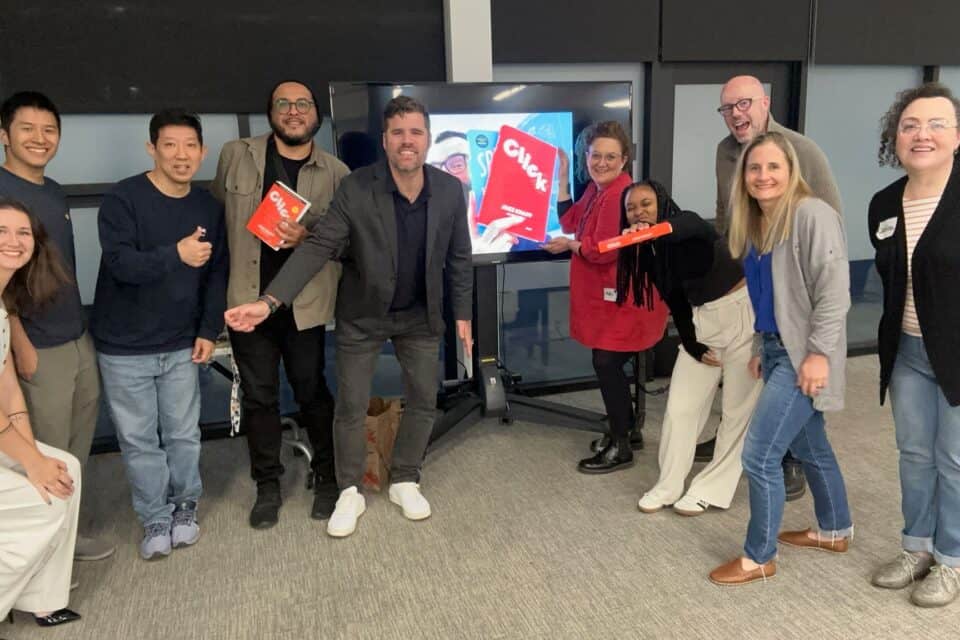
At the 2025 Facilitation Lab Summit, Kathy Ditmore led an impactful session on "Mapping the Change Journey", offering valuable tools and frameworks for creating successful change processes within teams and organizations. This session focused on using a canvas as a "compass" to guide projects toward success and aligned transformation, emphasizing how to adapt and lead through change effectively.








